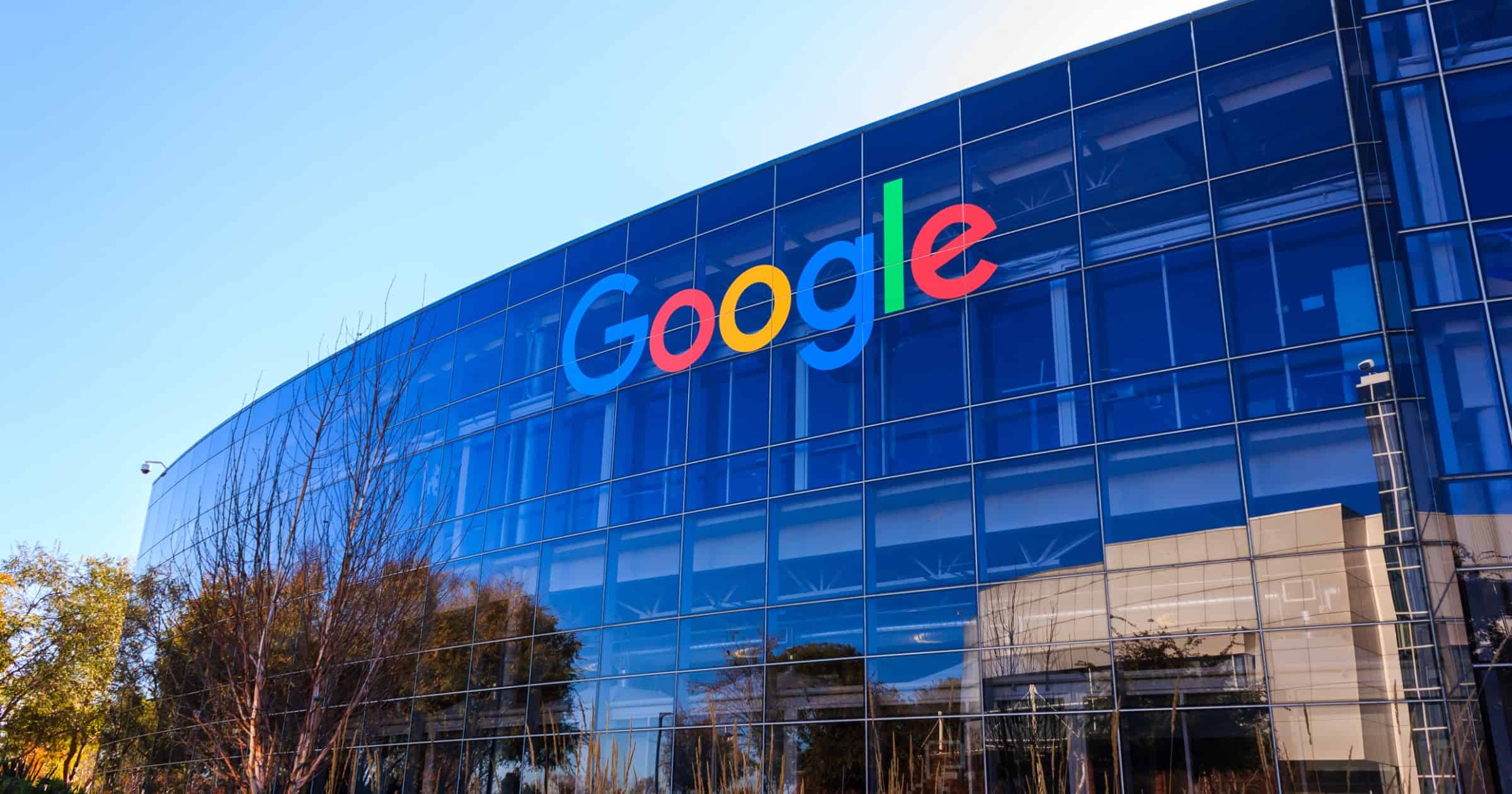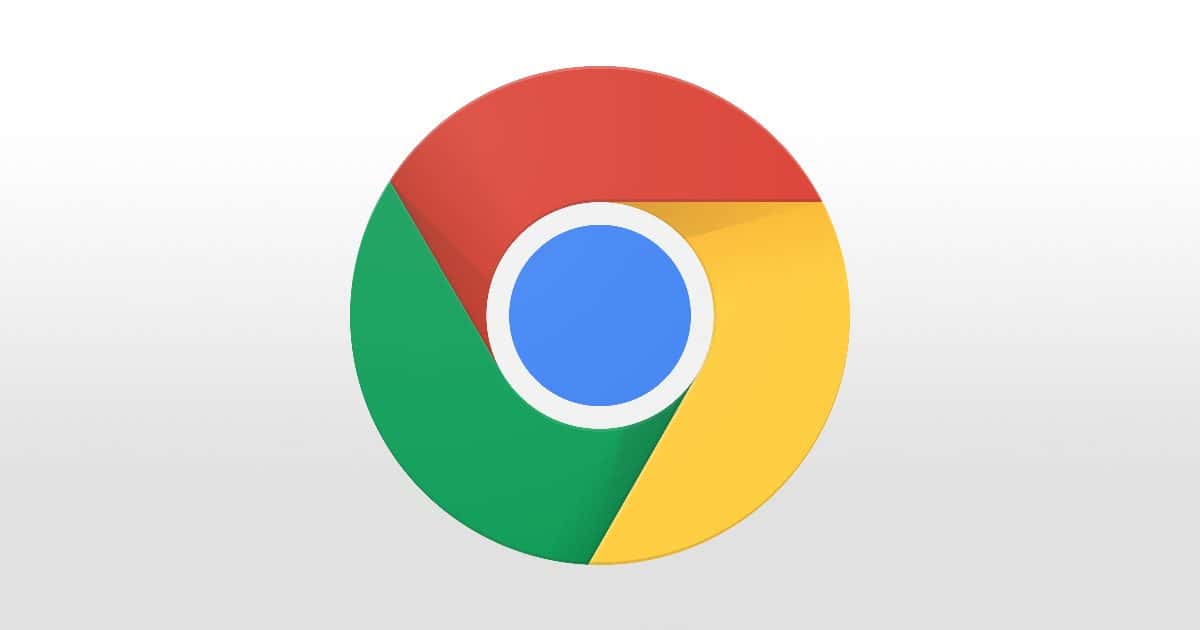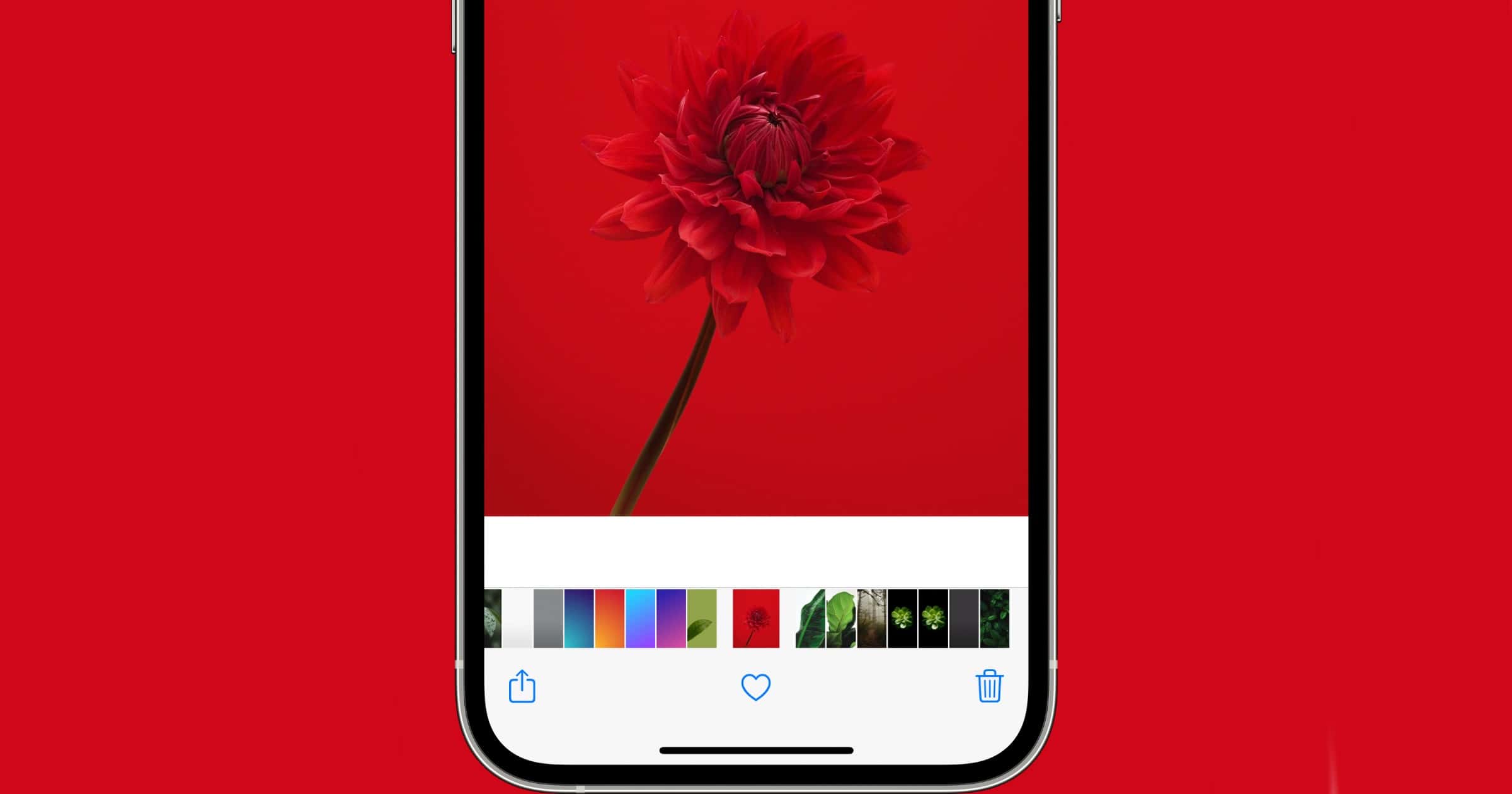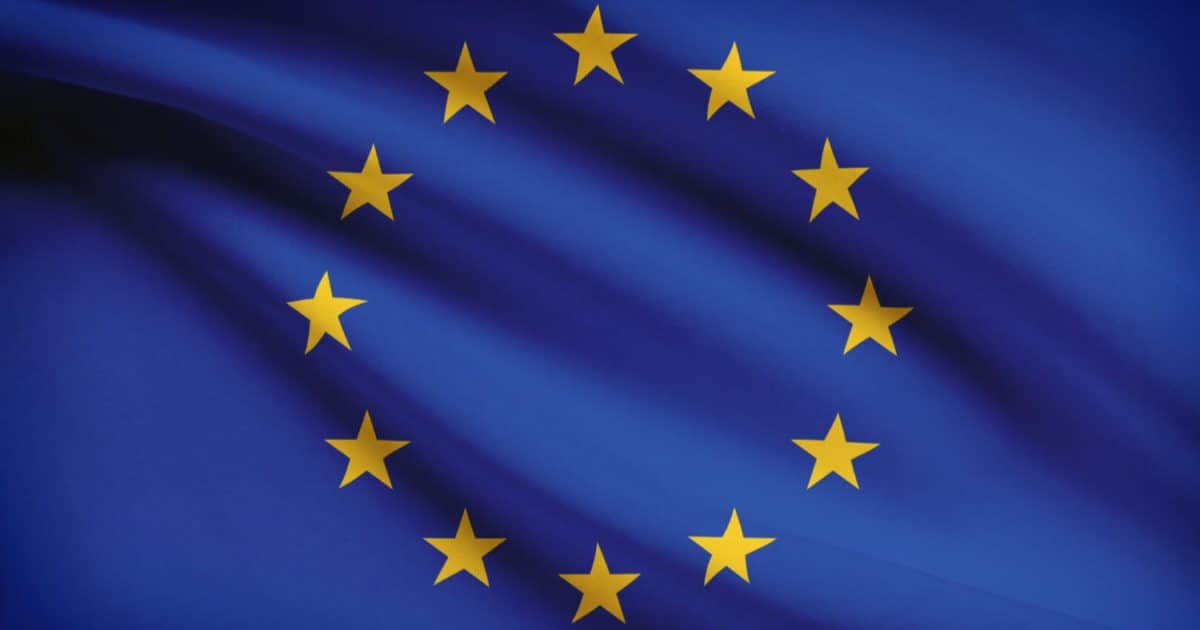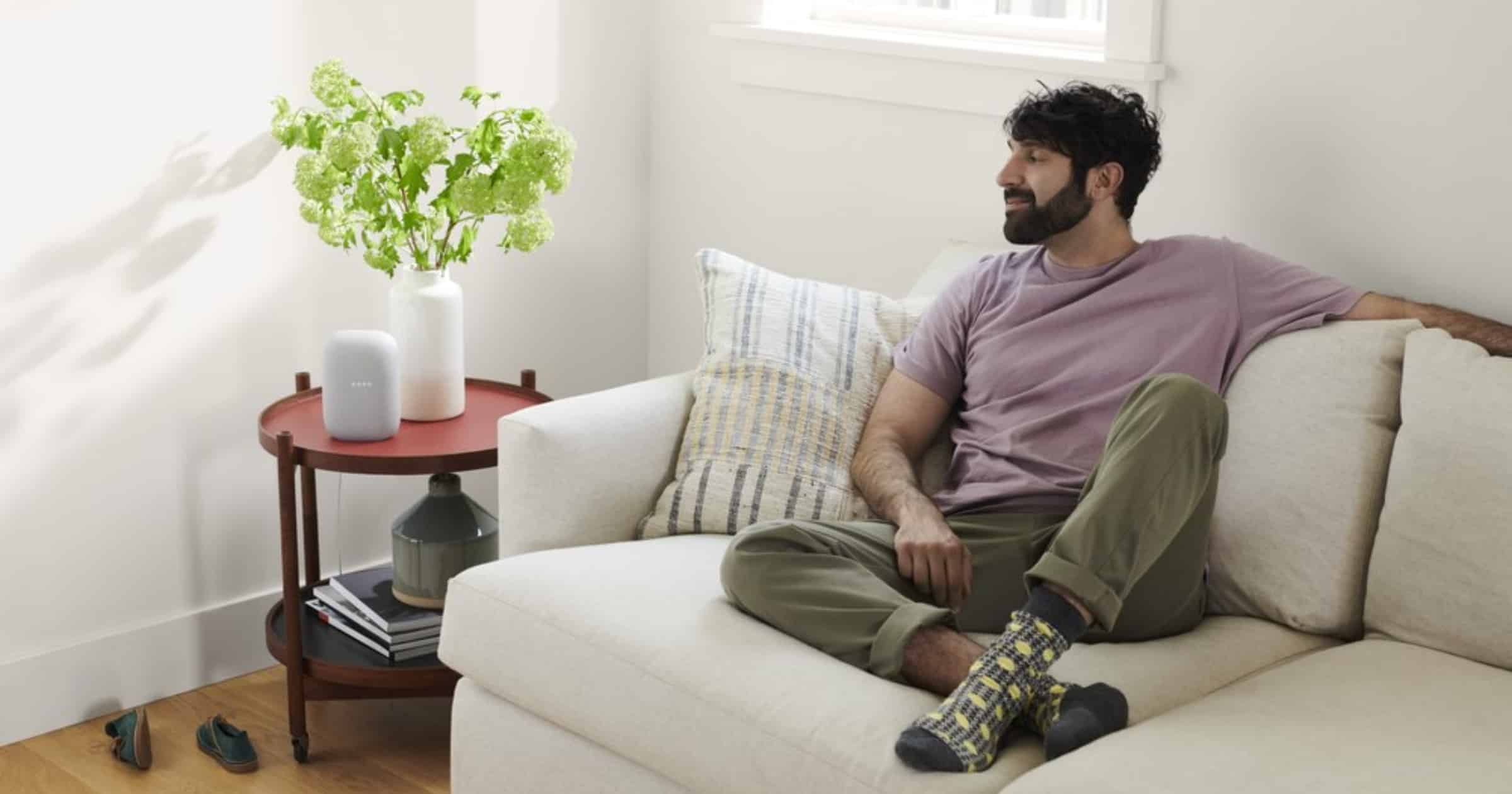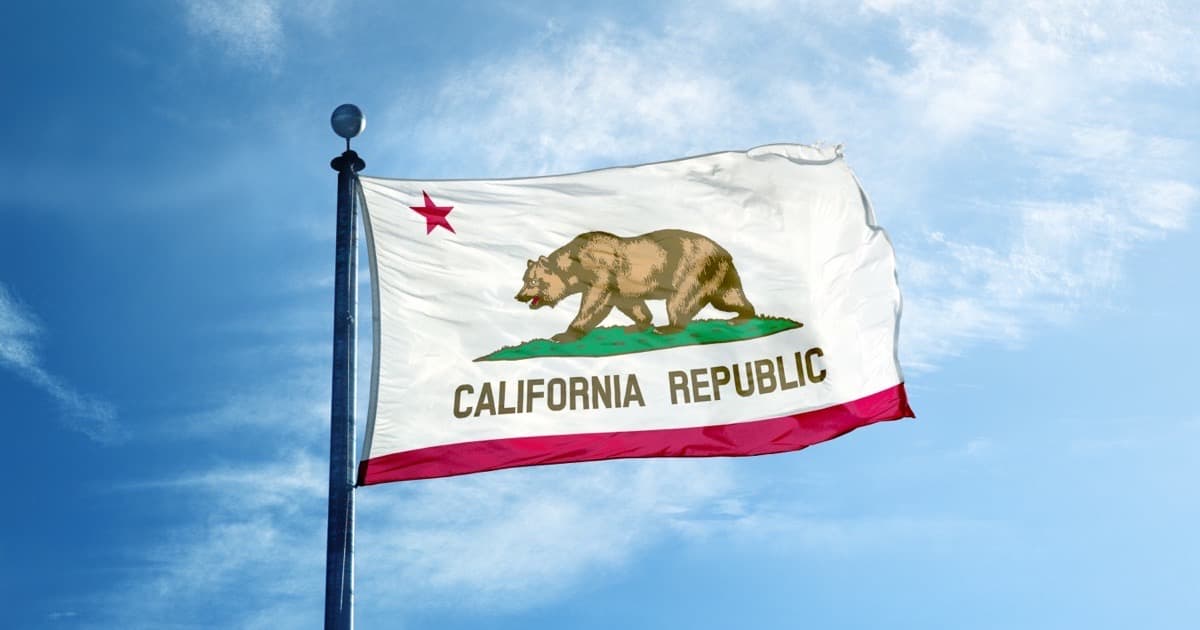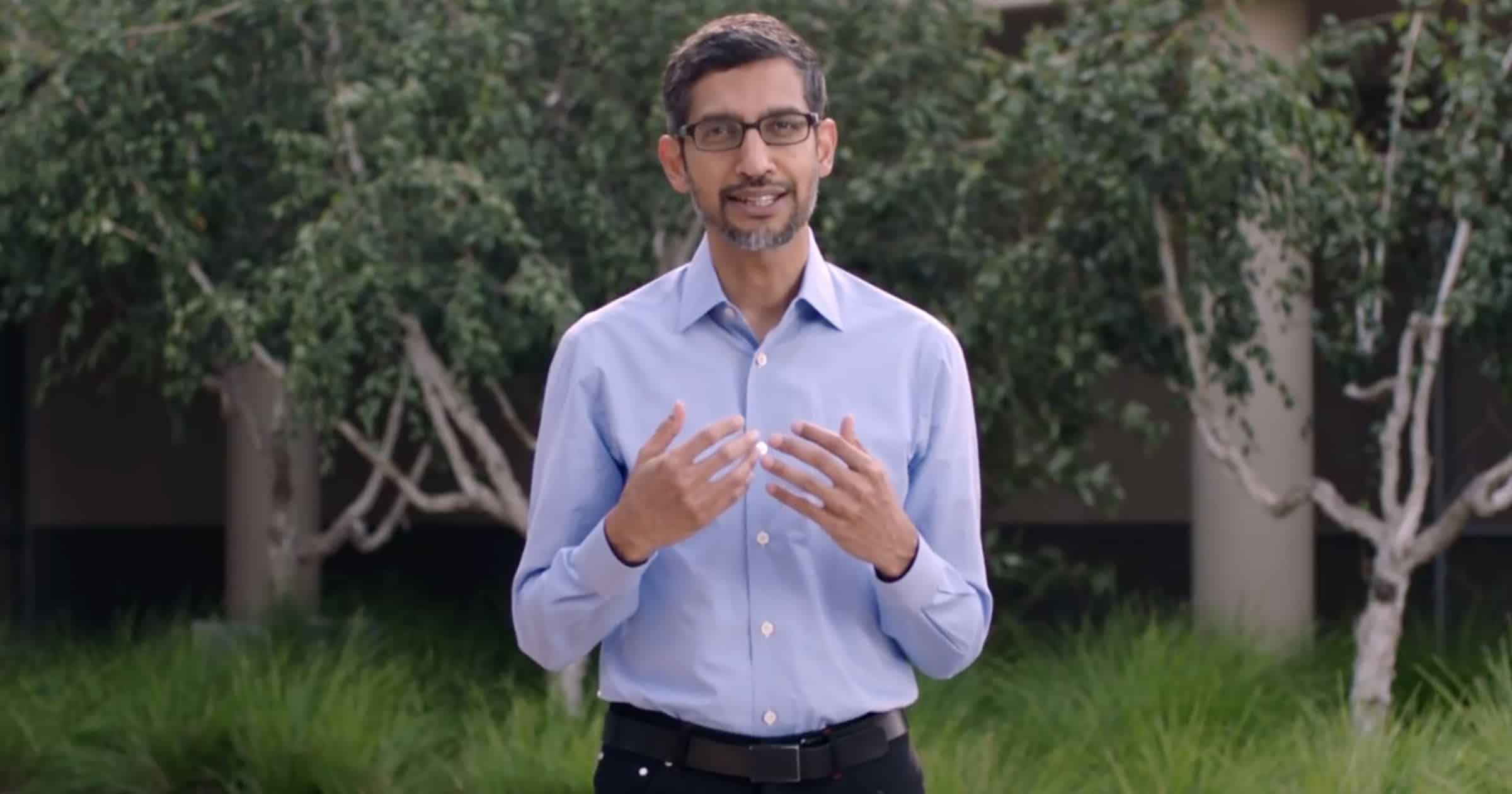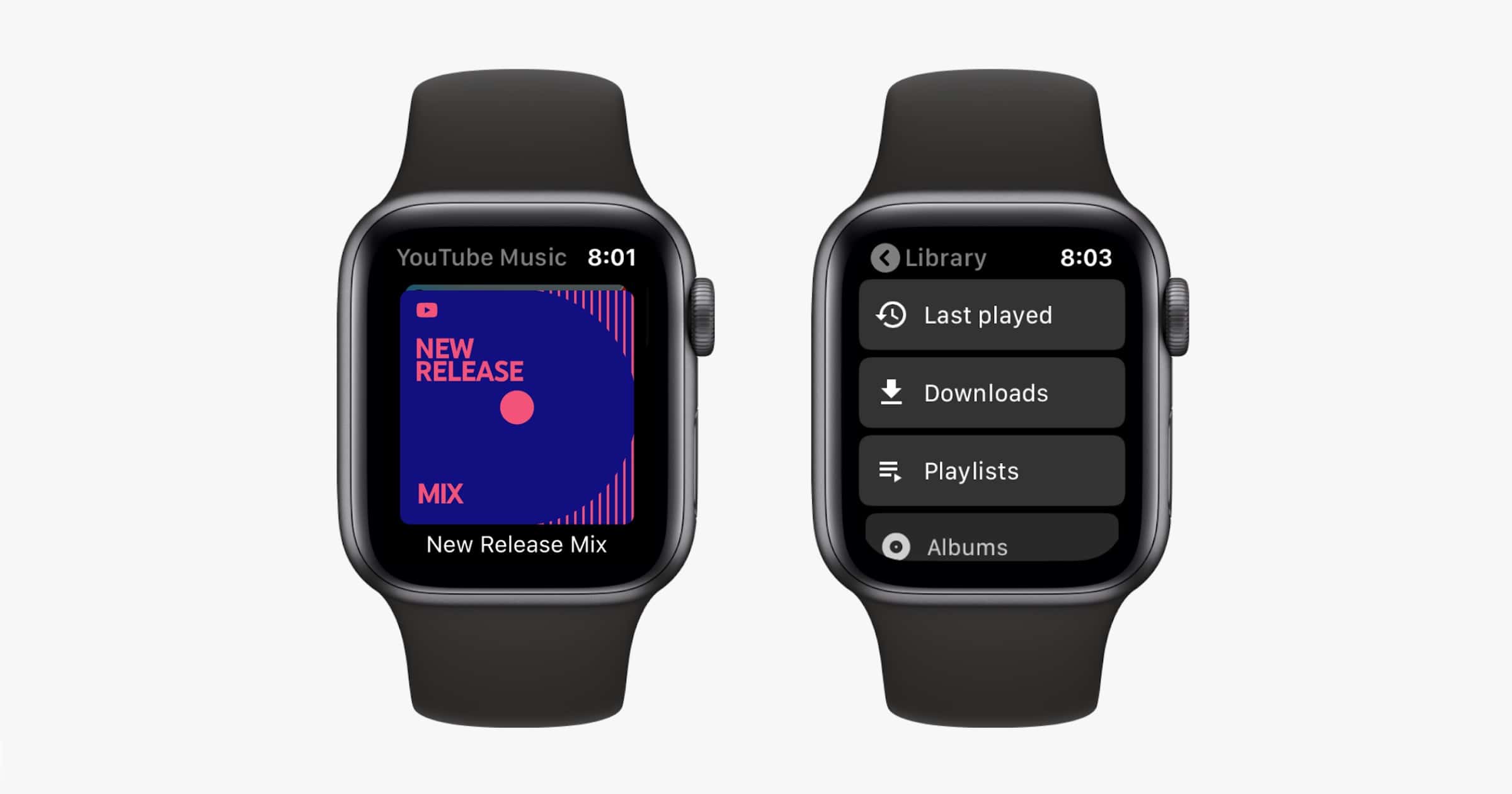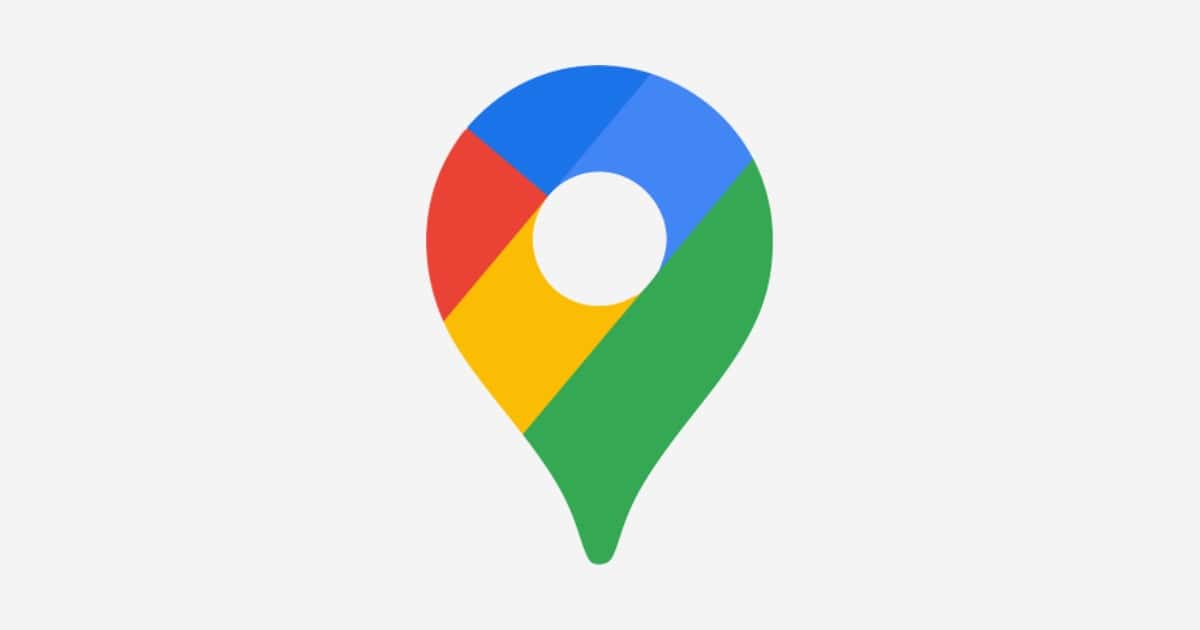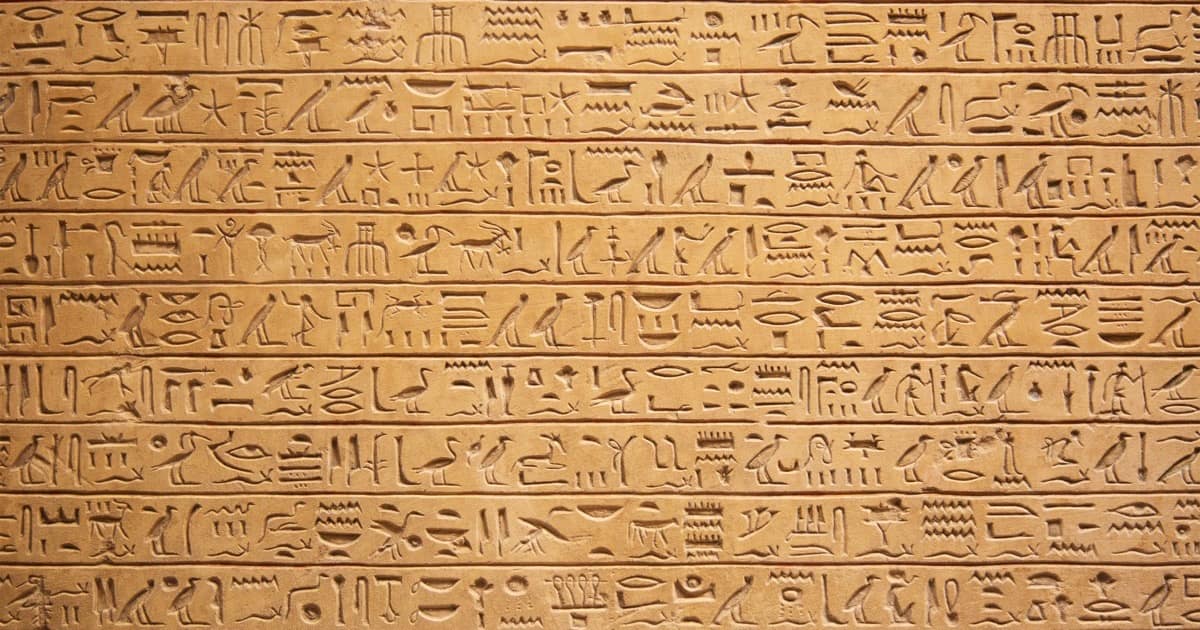Charlotte Henry and Bryan Chaffin join host Kelly Guimont to chat about Apple’s success in unlikely markets after advice against it (e.g., smartphones/maps/watches).
Google Faces Major Antitrust Lawsuit From Texas
Google is facing a major antitrust lawsuit from Texas and other states, Politico reported. If successful, the search giant could be hit with trillions of dollars worth of fines.
The lawsuit, which also includes eight other states, accuses Google of rigging online ad auctions to increase its own profits at the expense of website publishers, who have struggled to make the same kind of money from web ads as from television, print and radio. The states have asked the court to force the company to sell off pieces of its business to take away its power to control such auctions. But there are other allegations that could cut Google even more deeply. Texas also alleges that Google violated state laws that forbid unfair or deceptive business practices — laws that mandate steep fines for each violation. The attorneys general plan to argue that every online bid allegedly manipulated by Google violates state laws, which would lead to a massive pileup of fines.
Explosive Document Reveals Facebook Gave Google Exclusive Access to Encrypted WhatsApp Messages
A document from the Texas Attorney General as part of its antitrust investigation reveals Facebook gave Google access to WhatsApp content.
Chrome and Keystone, Updating Apps – TMO Daily Observations 2020-12-15
Dave Hamilton and Andrew Orr join host Kelly Guimont to discuss Chrome’s updater and alternate methods for keeping apps current.
What is Google Chrome Running in the Background?
Over the weekend Loren Brichter wrote about Google Chrome and how it makes your computer slow even when it’s not actively running.
Favorited iCloud Photos Now Sync to Google Photos
Favorited photos stored in iCloud, as well as starred photos stored in Google, now sync with each other. Here’s how to enable the setting.
EU Lays Out New Search Ranking Guidelines For Google And Other Tech Firms
Google, Microsoft, and other tech firms will have to provide more transparency about how they rank online search results. Reuters reported on new EU guidelines forcing the change that were released on Monday.
The guidelines, which take immediate effect, will be followed up next week by the publication of draft rules that could eventually impose further restrictions on the tech sector… The Commission said the guidelines require online platforms to identify the algorithmic parameters that determine ranking and to share them with companies. “These guidelines set the standard for algorithmic ranking transparency and will increase fairness in the online platform economy, which drives innovation and welfare for millions of Europeans,” European Competition Commissioner Margrethe Vestager said in a statement.
Apple Music is Now Available on Google Nest Speakers
Google announced on Monday that Apple Music is now available on its Nest product line of speakers, like Nest Audio, Nest Hub Max, and Nest Mini.
Google Stadia Game Streaming is Coming to iOS
Google’s Stadia game service is arriving to iOS in the future after being absent from the platform for over a year due to Apple’s restrictions.
California Prop 24 Will Hamper Facebook, Google
California passed Proposition 24 on Tuesday, expanding the state’s existing privacy laws to make it harder for companies to collect your data.
Antitrust Lawsuit Reveals Apple-Google Search Relationship
The U.S. government has sued Google, saying the company is a monopoly that uses its power to crush competition in search. Mark Gurman writes about the money that Google pays Apple for it to be the default search engine. I’ve been disappointed in this, because a lawsuit from previous years alleges Google pays Apple around US$12 billion to be the default. Apple can do better.
The details, many of which have not been disclosed before, may support the U. S. government’s allegation that Google uses these agreements to block out search rivals and give consumers less choice. Google called the government’s case “deeply flawed” and said it would hurt consumers because it would “artificially prop up” lower-quality search options.
Artificially prop up lower-quality search options. Wouldn’t paying Apple be artificially propping up Google? I spent a day drinking beer and eating potato chips watching Bill Gates’ deposition for fun. I’m sure the one with Sundar Pichai will be equally entertaining.
Apple Removed a Third Party Google Stadia App
StApple recently removed Stadium, an app that let people use Google Stadia’s game streaming service on iOS.
Specifically, Knox says Apple objects to how his app is “extending WebKit with native APIs to connect with Bluetooth.” This is what allowed the app to connect Bluetooth controllers to Stadia. Apple’s ruling appears to refer to section 4.7 of Apple’s App Store guidelines, which governs web-based games on the platform.
At first I thought it was removed because some random non-Google party created a Google service workaround. But it sounds like it’s more because of API specifics, or at least that’s the official Apple statement.
How Homeland Security Caught Suspect in R. Kelly Case
A recently revealed warrant in the R. Kelly case revealed how U.S. Homeland Security used a Google search warrant.
Homeland Security special agent Sylvette Reynoso testified that her team began by asking Google to produce a list of public IP addresses used to google the home of the victim in the run-up to the arson. The Chocolate Factory complied with the warrant, and gave the investigators the list.
As we discussed on Security Friday today, it’s cool that law enforcement was able to do this, yet simultaneously scary since it involved a dragnet of Google users.
YouTube Music Debuts on Apple Watch
Google announced on Thursday that the YouTube Music app is available on the Apple Watch, letting users browse music collections.
Security Friday, New iPhone Prepping – TMO Daily Observations 2020-10-16
Andrew Orr joins host Kelly Guimont for Security Friday news, The Week In Data Breaches, and tips for a seamless transfer to a new iPhone.
Plot Twist: Apple Also Has to Follow Google Play Store Rules
Google has updated its Play Store rules, saying that developers have to use Google Play’s billing system. From Daring Fireball:
Most reports are mentioning Spotify and Netflix here, but unless I’m missing something this policy change (or as Google claim, “clarification”) will also apply to Apple Music — the Android version of which charges users who sign up directly. The fact that Apple forces all subscription streaming services to use Apple’s in-app payments on iOS but doesn’t use Google’s on Android for Apple Music has been a source of much heckling.
I’m on the side of Apple in the Epic v Apple case, but if Apple has to follow Google’s similar rules for developers when it hadn’t already, simultaneously enforcing similar rules on its own side for developers, is hilarious to me. I hope that made sense.
iOS 14 vs Android, App Library, Widgets, and Default Apps
Writer Nicole Lee is happy with iOS 14 features that are similar to Android, like widgets, default apps, and App Library. And she wants more of that.
But for me, the real star of iOS 14 is not quite so obvious (It’s so low-key that Apple didn’t mention it at its WWDC keynote). It’s the fact that, at long last, iOS now lets you pick your own default email and browser apps. This one feature, more than any other, is what I feel is a key factor in preventing me from switching to Android. That’s because, as an iOS user, it is not Android that I find attractive — it’s Google.
I’m trying to wrap my head around this argument. I don’t want to be one of those people who say, “If you’re not happy with iOS, then switch to Android.” But it doesn’t make sense to me that setting default apps would stop her from switching, considering Android had that all along. She goes on to say that she hasn’t bothered with iOS 14 widgets and that Android widgets don’t appeal to her. Okay, don’t use them?? Just like you’re not using iOS 14 widgets?? There’s more I have to say but this is running up against the length limitation of our Linked Teasers. Go read.
Google Aims to go Carbon-Free by 2030
Google has set itself an unprecedented target- to operate 24/7 on carbon-free energy by 2030, CEO Sundar Pichai has revealed.
More Apple and Google Team-Ups, Also Puppies – TMO Daily Observations 2020-09-01
Bryan Chaffin and Charlotte Henry join host Kelly Guimont for the latest in Apple and Google’s mobile solutions to fight COVID-19,and puppies.
Google, Facebook Drop Plans to Connect Hong Kong With Pacific Light Cable Network
Facebook and Google are cancelling plans to connect the Pacific Light Cable Network (PLCN) to Hong Kong after fears were raised over China.
Google Maps Comes to CarPlay Dashboard and Apple Watch
Google announced on Monday that Google Maps is now compatible with CarPlay Dashboard and that the app is also on Apple Watch.
Google Announces iOS Phone Backup Tool for Google One Users
As part of its Google One cloud service, the company announced today an iOS phone backup tool that is universal across iOS and Android.
Google’s ‘Fabricius’ Tool Uses ML to Decode Hieroglyphs
Here’s something cool that Google has created: A web tool called “Fabricius” that uses machine learning to decrypt hieroglyphs.
So far, experts had to dig manually through books upon books to translate and decipher the ancient language–a process that has remained virtually unchanged for over a century. Fabricius includes the first digital tool – that is also being released as open source to support further developments in the study of ancient languages – that decodes Egyptian hieroglyphs built on machine learning.
New News About News – TMO Daily Observations 2020-06-30
Charlotte Henry joins host Kelly Guimont to discuss updates to Apple’s News app, Google’s news partnerships, and iOS 14 updates to News+.

